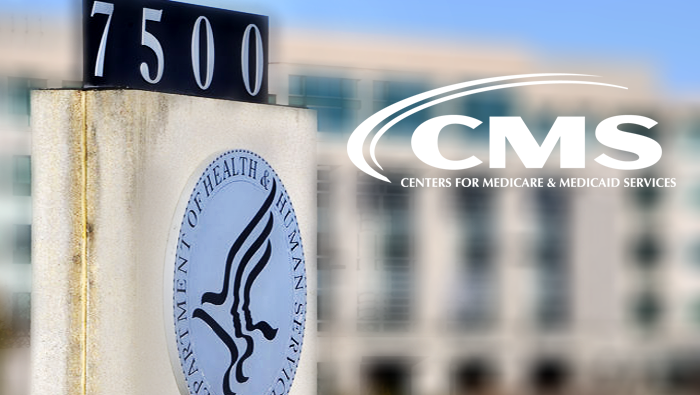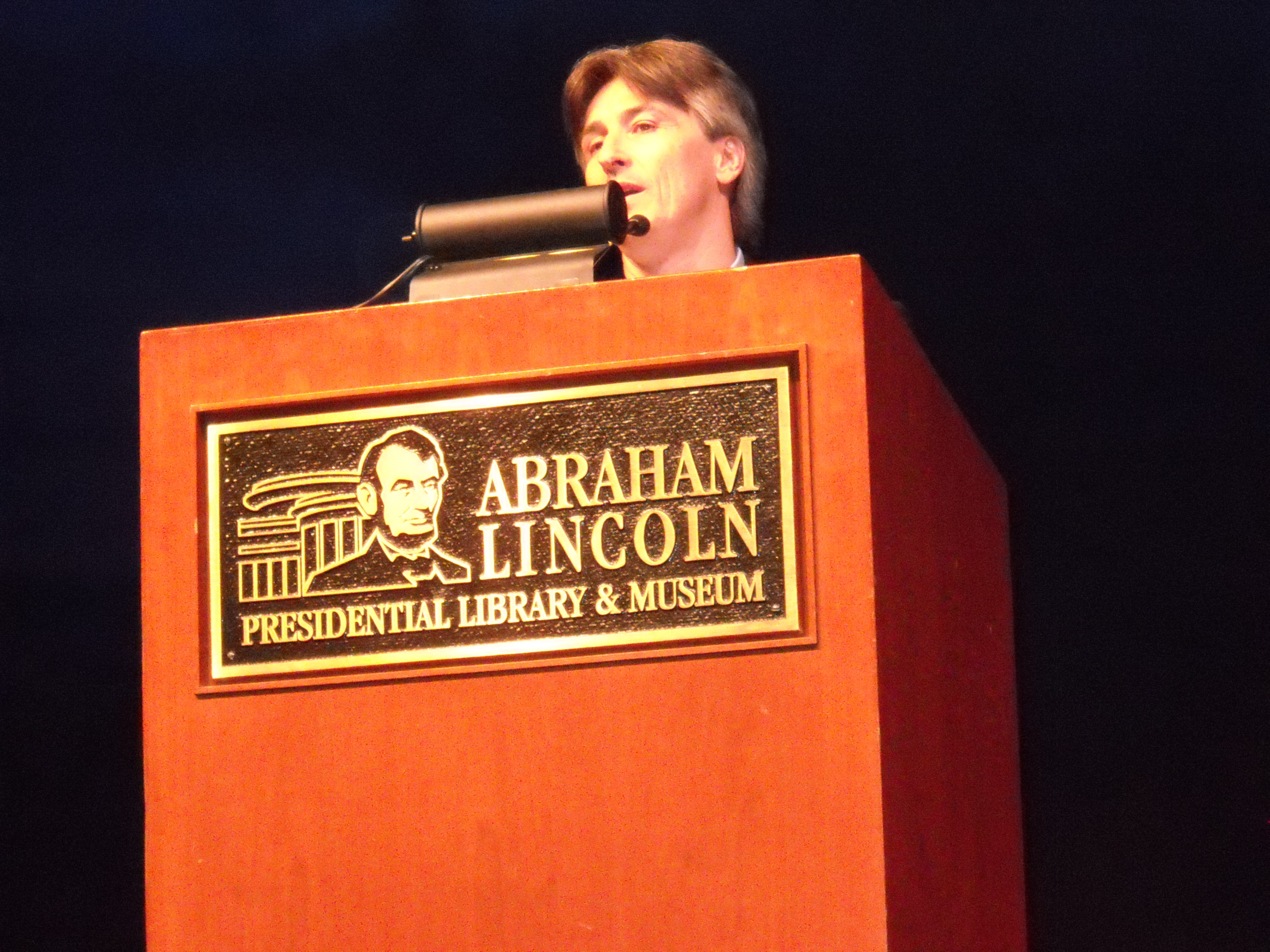BOC, ASCLS, and ASCP Meet with CMS on Nursing Degree Equivalency Rule

The ASCP Board of Certification (BOC), American Society for Clinical Laboratory Science (ASCLS) and American Society for Clinical Pathology (ASCP) met on Sept. 27 with the Centers for Medicare and Medicaid Services (CMS) in opposition to the Agency's April 1st declaration that a degree in nursing is equivalent to a degree in the biological sciences.
The groups representatives presented CMS with a petition, signed by more than 35,000 individuals opposed to CMS's degree equivalency policy. The petition drive was a community-wide effort led by ASCP and ASCLS to raise concern about CMS's policy that the nursing degree is equivalent to a biological sciences degree for purposes of doing non-waived laboratory testing under the Clinical Laboratory Improvement Amendments (CLIA) of 1988.
The Agency's action, outlined in an April 1 memo, could allow an individual with a bachelor's degree in nursing to perform high complexity testing. Per the CLIA regulations, individuals with a bachelor's degree in a chemical, physical, or biological science are not required to complete training prior to performing high complexity laboratory testing. The April memorandum provided no reasoning behind the decision.
During the meeting, agency officials stated that the memorandum reflected a long standing "internal policy" that had been developed to address concerns about a shortage of testing personnel at physician office laboratories in rural areas. These testing sites are not often staffed by qualified laboratory professionals, such as those individuals who may be certified by the BOC. In response, representatives from ASCP, ASCLS, and the BOC raised concerns about negative impacts on patient care and the need to ensure the accuracy and reliability of all laboratory test results.
In addition, laboratory representatives provided CMS with side-by-side comparisons of typical nursing degree programs and laboratory science programs, noting that nursing degrees fall far short of the scientific coursework required to earn a degree in the biological sciences. In its June 22 letter to CMS, the BOC Board of Governors articulated concerns that nursing degrees provide only a fraction of the scientific coursework required for a biological sciences degree and that what scientific coursework nursing programs do require does not approach the level of achievement involved in obtaining a biological sciences degree.
During the meeting, representatives cited comments received from their respective memberships, including those from several individuals who hold degrees in both nursing and the biological sciences that agreed that the nursing degree does not provide the scientific foundations necessary to perform non-waived laboratory testing reliably.
The Agency indicated that it understood and appreciated our concerns. Agency representatives also indicated that CMS will be working to address this issue, and that it is currently examining how best to implement a change in policy. CMS noted that fixing this issue may require the Agency to propose new regulations and that if such a change is required it will soon begin working on draft regulations.
ASCLS appreciates its invaluable, federated partnership with ASCP through the BOC that has allowed the laboratory community to speak with one voice. Together, we will be working with CMS to develop a solution and hope to report progress on newsworthy developments soon.
Attending the meeting were ASCLS Executive Vice President Jim Flanigan, CAE; ASCLS Executive Vice President Emeritus Elissa Passiment, EdM; ASCP Chief Executive Officer E. Blair Holladay, PhD, SCT(ASCP)CM; BOC Executive Director Pat Tanabe, MPA, MLS(ASCP)CM; ASCP Chief Officer for Science, Technology and Policy Jeff Jacobs, MA; and ASCP Director for the Center for Public Policy Matthew Schulze.
To share your thoughts, visit the ASCLS Open Community or our Facebook page.

